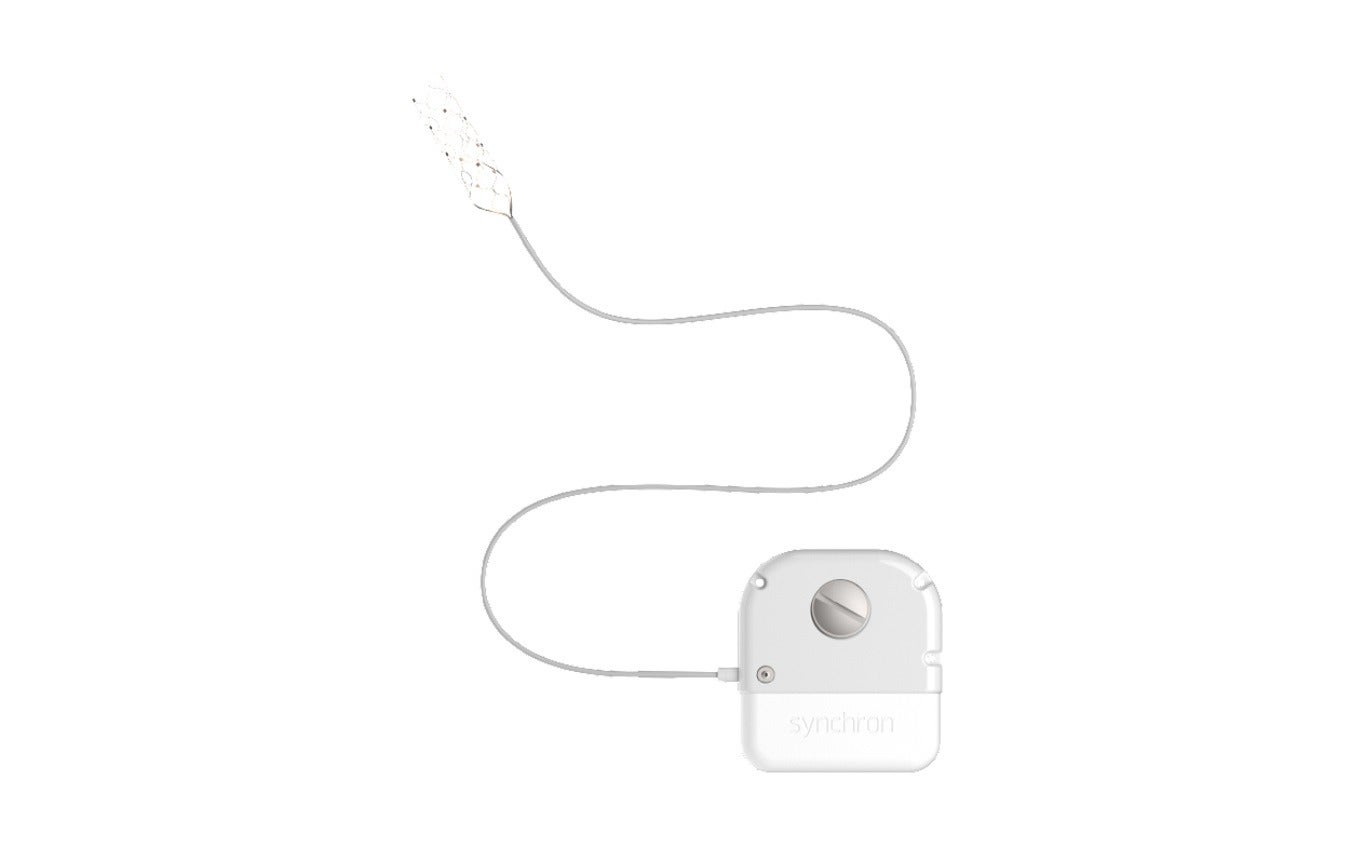
Implantable neural interface technology company Synchron has completed the first-in-human implantation of Stentrode, its endovascular brain computer interface (BCI) technology, in the US.
The procedure was performed as part of the company’s COMMAND trial, which is evaluating its BCI technology in patients with severe paralysis.
It was performed at Mount Sinai Hospital, by Dr Shahram Majidi, assistant professor of neurosurgery, neurology and radiology at Icahn School of Medicine at Mount Sinai.
Shahram Majidi said: “This is an incredibly exciting milestone for the field, because of its implications and huge potential. The implantation procedure went extremely well, and the patient was able to go home 48 hours after the surgery.”
The implantation was conducted in the angiography suite with a minimally invasive, endovascular approach, which does not require invasive open-brain surgery.
It is the first patient implant in Synchron’s COMMAND study, which marks the first FDA investigational device exemption (IDE) study to evaluate a permanently implanted BCI.
The study will assess the impact of Stentrode on patients’ daily tasks, including texting, emailing, online shopping and the ability to live independently, said Synchron.
COMMAND study principal investigator David Putrino said: “We are beyond excited to get to work with our patient, guiding them through the training process as they learn to use this device to live more independently and, most importantly, communicate with their family and friends.”
Stentrode is an endovascular brain implant designed to enable patients to wirelessly control digital devices through thought and improve functional independence.
It is a small mesh-like, stent-mounted electrode array, permanently implanted into a blood vessel in the brain, without involving invasive open-brain surgery.
The Stentrode is implanted within the motor cortex of the brain through the jugular vein in a minimally-invasive endovascular procedure.
Upon implantation, the device detects and wirelessly transmits motor intent using a digital language to allow paralysed patients to control personal devices hands-free.
Synchron CEO and founder Tom Oxley said: “The first-in-human implant of an endovascular BCI in the U.S. is a major clinical milestone that opens up new possibilities for patients with paralysis.
“Our technology is for the millions of people who have lost the ability to use their hands to control digital devices. We’re excited to advance a scalable BCI solution to market, one that has the potential to transform so many lives.”
Earlier this year, Synchron unveiled positive long-term safety results for its BCI implant technology platform from its SWITCH trial conducted in Australia.





